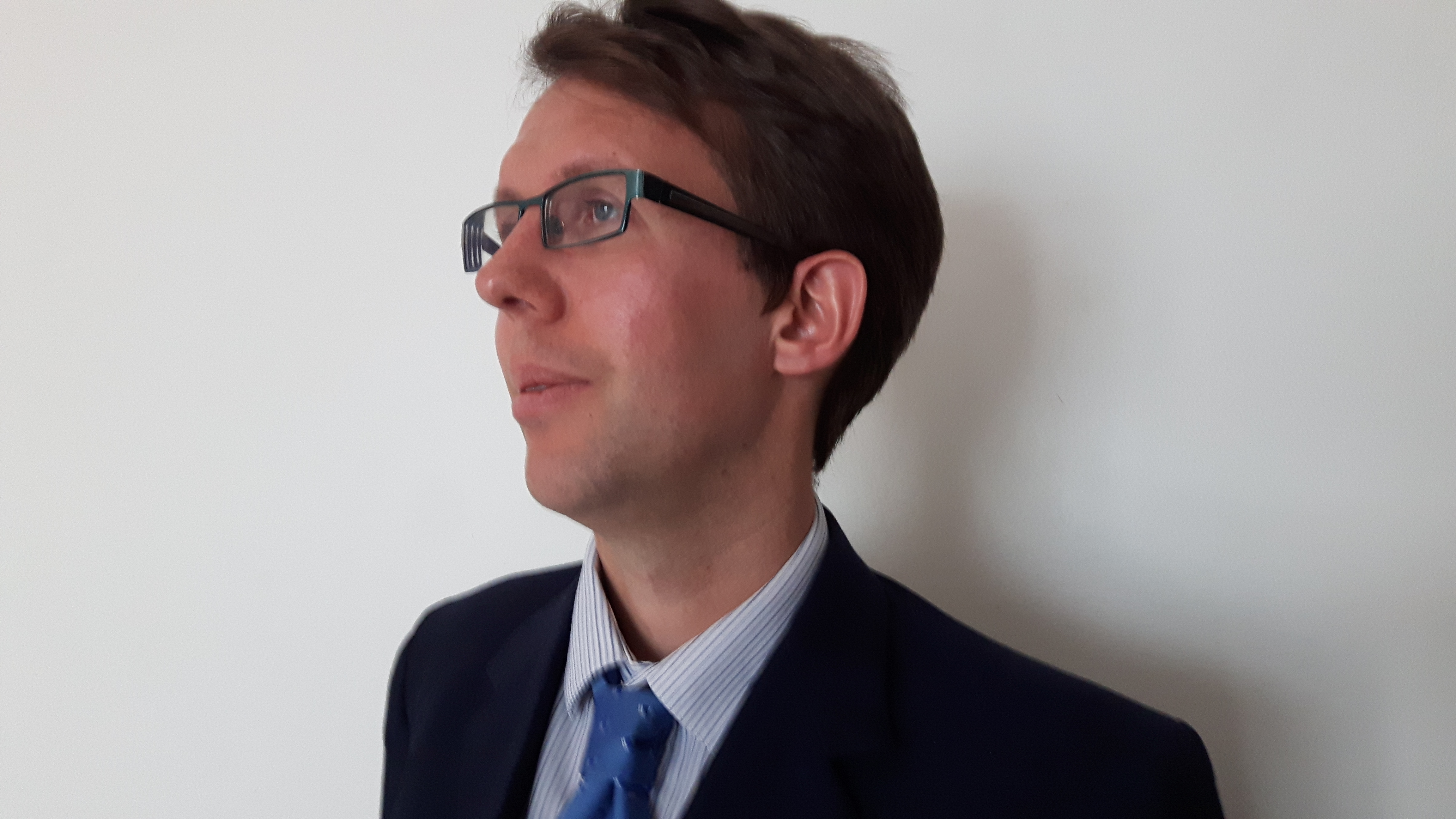Lunch Lecture: Accounting for Economic Welfare and Going Beyond Gross Domestic Product - an Icelandic Case Study
 For many years, economists and the media have cited economic growth as the main metric by which we should evaluate progress. The Gross Domestic Product (GDP) metric provides a useful way of calculating how much economic activity is going on, but tells us very little about whether economic activities are contributing positively to our well-being. Many events, such as pollution and the costs of clean-up, are counted as positivels in its calculation, whereas important non-market aspects, such as the value of our leisure time and volunteering work, are entirely omitted. Alternative measures of economic welfare already exist, which seek to correct some of the faults in GDP. One such measaure is the Genuine Progress Indicator (GPI), which was piloted and published recently for Iceland and is currently being updated. The talk will explore some of the outcomes pertaining to the pilot study focused on the period 2000-2019 and some emerging new findings, which are based on a new methodology and also account for the COVID-19 years.
For many years, economists and the media have cited economic growth as the main metric by which we should evaluate progress. The Gross Domestic Product (GDP) metric provides a useful way of calculating how much economic activity is going on, but tells us very little about whether economic activities are contributing positively to our well-being. Many events, such as pollution and the costs of clean-up, are counted as positivels in its calculation, whereas important non-market aspects, such as the value of our leisure time and volunteering work, are entirely omitted. Alternative measures of economic welfare already exist, which seek to correct some of the faults in GDP. One such measaure is the Genuine Progress Indicator (GPI), which was piloted and published recently for Iceland and is currently being updated. The talk will explore some of the outcomes pertaining to the pilot study focused on the period 2000-2019 and some emerging new findings, which are based on a new methodology and also account for the COVID-19 years.
David is employed as an Adjunct Lecturer at the University of Iceland, linked to the Environment and Natural Resources programme. His research focused on the links between economies, sustainability, and human well-being. David lectures on Environmental Economics and Ecological Economics at the University of Iceland, and since 2019 he has also lectured on Environmental Economics at the University Centre of the Westfjords.
The presentation will take place in the cafeteria at the University Centre of the Westfjords and will start at 12:10. The presentation will also be streamed via a Zoom link, which can be found here: https://eu01web.zoom.us/j/69947471079
The lunch lecture will be held in english